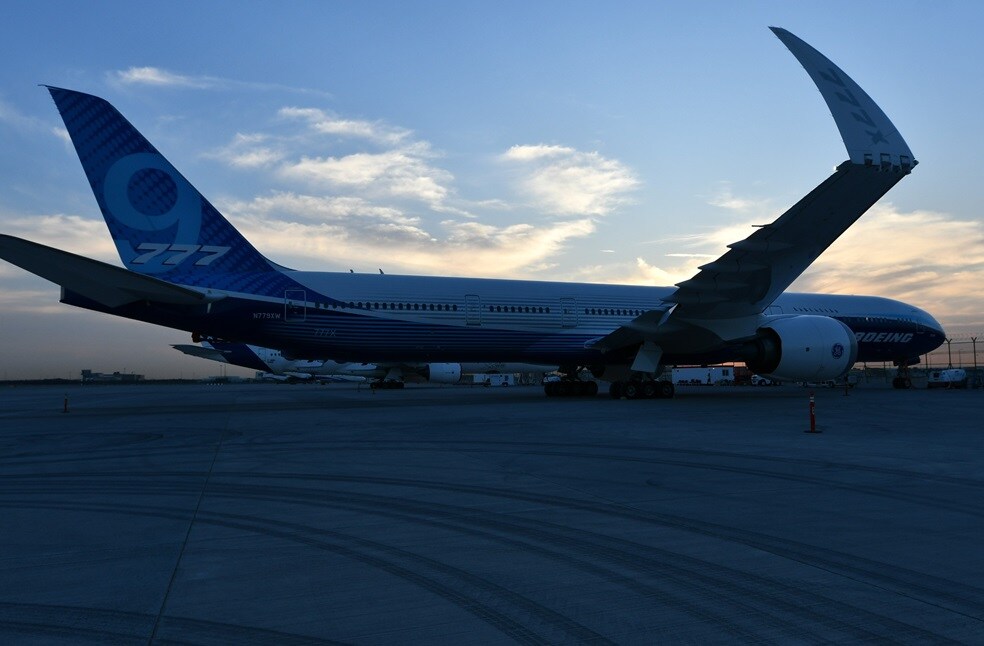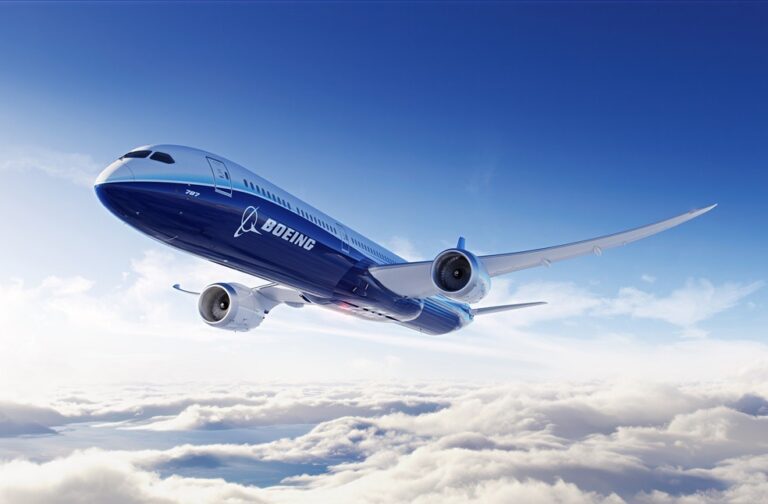United States: Boeing announced plans to cut 17,000 jobs, representing 10 percent of its global workforce, and delay the first deliveries of its 777X jet by one year, as the company struggles with significant losses of $5 billion in the third quarter.
The announcement comes during an ongoing month-long strike involving 33,000 US West Coast workers, which has halted production of critical aircraft, including the 737 MAX, 767, and 777 models.
In a message to employees, CEO Kelly Ortberg emphasised the necessity of these workforce reductions to “align with our financial reality.” Ortberg stated that, “We reset our workforce levels to align with our financial reality and a more focused set of priorities.” The layoffs will impact executives, managers, and employees alike.
The company recorded pre-tax earnings charges totalling $5 billion across its defence business and two commercial aircraft programmes. Additionally, Boeing recently ousted Ted Colbert, head of its troubled space and defence unit, amid these challenges.

As Boeing prepares to report its third-quarter earnings on October 23, it anticipates revenue of $17.8 billion and a loss per share of $9.97. Analysts had expected a greater cash burn, with predictions of a negative operating cash flow of $3.8 billion, according to LSEG data.
The resolution of the strike is critical for Boeing, which has filed an unfair-labour-practice charge with the National Labour Relations Board, accusing the machinists’ union of failing to negotiate in good faith. S&P Global Ratings has estimated that the strike is costing Boeing $1 billion per month, with the company at risk of losing its prized investment-grade credit rating.
Ortberg also revealed that the first delivery of the 777X is now expected in 2026, citing challenges in development, the flight-test pause, and the ongoing strike. Boeing had previously faced certification issues with the 777X, which delayed its launch.
In related news, Boeing will end its 767 freighter programme in 2027 after delivering the remaining 29 planes ordered, though production for the KC-46A Tanker will continue. The International Association of Machinists and Aerospace Workers (IAM), representing the striking workers, expressed concern over Boeing’s announcement regarding the 767 cargo plane and described the company’s claims against the union as unfounded.

In light of the job cuts, Boeing announced it would also end a furlough programme for salaried employees that had been implemented in September. The company had already been burning cash prior to the strike, struggling with challenges stemming from a January mid-air incident involving a new plane that revealed safety protocol weaknesses, prompting regulatory scrutiny.
Boeing is currently facing a court hearing in Texas concerning its offer to plead guilty to fraud as part of a deal with the Justice Department, which includes a potential fine of up to $487.2 million and a commitment to improve safety protocols.
The Federal Aviation Administration (FAA) has been criticised for its oversight of Boeing production, with a recent report indicating that the agency has been “not effective” in this regard.



